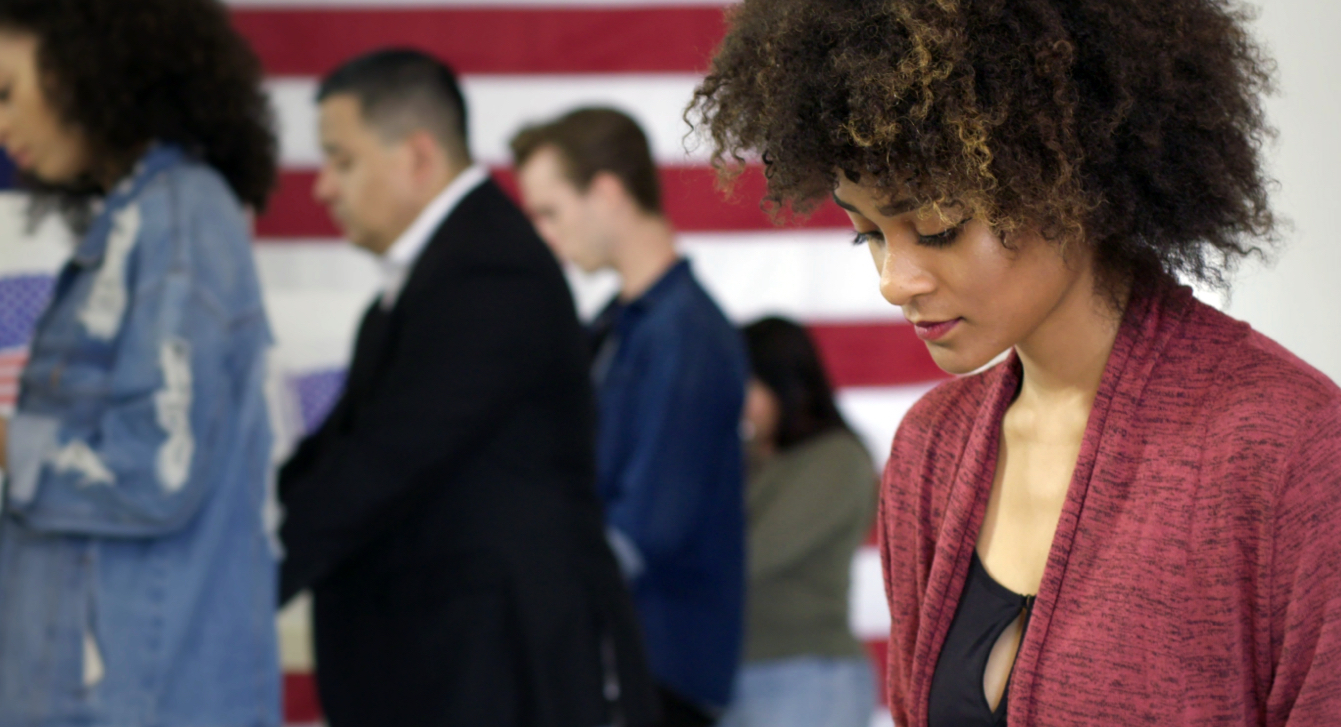Originally published in Duluth News Tribune.
Spring elections are easy to overlook following the electricity of a presidential race in a battleground state, but Wisconsin’s April 1 elections will have massive implications for the future of our state.
The balance of the Supreme Court will be decided, and, as we’ve seen in the past, Supreme Court decisions in Wisconsin can have a massive impact on voters in the Badger State. Additionally, there is a constitutional amendment on the ballot, asking voters to add a voter-ID requirement to the state Constitution, and voters will choose their next superintendent of public instruction.
Turnout is always low in spring elections, but with major implications for voters on the ballot, we with the bipartisan Democracy Defense Project ask voters to bring the same passion to the spring election they brought this past fall. The more our communities engage with our electoral process, the more our state’s governance will reflect the will of the people. The primary on Feb. 18 saw less than 20% voter participation, with the statewide candidates for the Department of Public Instruction only receiving fewer than 500,000 votes — in total . Compare that to the 73% turnout, or 3.4 million ballots cast , in November.
As board members for the Democracy Defense Project-Wisconsin, our primary charge is rebuilding the public’s faith in our election system. Much of that work is focused on highlighting the many protections in place in Wisconsin’s elections to prevent tampering or correcting the misinformation and doubts cast on the election process or election administrators. While that part of our work is crucial, we can’t rebuild the public’s faith in our election system unless the people feel their voices are being heard. That starts with boosting participation in elections outside of November every four years.
The initiatives on the ballot this year will have wide-ranging and, in one case, potentially permanent impacts on our state.
First, the constitutional amendment around voter identification would have a lasting impact on our elections. For reference, legislators in both houses of the Capitol must approve the measure in two consecutive legislative sessions and only then does a measure get sent to the voters to ratify or reject, representing a huge bar to overcome for an amendment to take effect.
The other races on the ballot will be almost just as impactful. With the election of Justice Janet Protasiewicz in 2023, the ideological bent of the state Supreme Court shifted significantly for the first time in 15 years. Now, with the retirement of Justice Ann Walsh Bradley, that ideological balance is up in the air again, opening the door for future debates on politicized issues like ballot drop boxes and legislative maps.
In the other statewide race, the leader of the Department of Public Instruction is on the ballot, and while it may not grab as many headlines as the Supreme Court and constitutional amendment, it could be equally as impactful on the education of your kids.
While we saw our elections administered successfully and without questions in November, it will take more than one election to restore the public’s faith in election outcomes. Ultimately, the best way to promote public trust is to engage folks beyond our presidential elections every four years. Participation, seeing the process firsthand, and witnessing the impact of your vote firsthand in governance, from your most local representative to the White House, are the best ways we can rebuild trust lost in recent years.
When local clerks hold their public tests, get engaged and see how the election process works firsthand. Together, we can tackle the distrust sown around our election integrity to ensure that as many people as possible are making their voices heard, not just every fourth November, but every time an election is held.
Most importantly, don’t forget to vote on April 1!
Mandela Barnes of Milwaukee is a Democrat and the former Wisconsin lieutenant governor. J.B. Van Hollen of Bayfield is a Democrat and the former Wisconsin attorney general. Scott Klug of Madison is a Republican and a former U.S. representative. And Mike Tate of Milwaukee is a Democrat and the former Democratic Party of Wisconsin chair. All four are board members for the bipartisan Democracy Defense Project-Wisconsin, which promotes election safety in Wisconsin. They wrote this exclusively for the News Tribune.
Published: Mar 31, 2025
